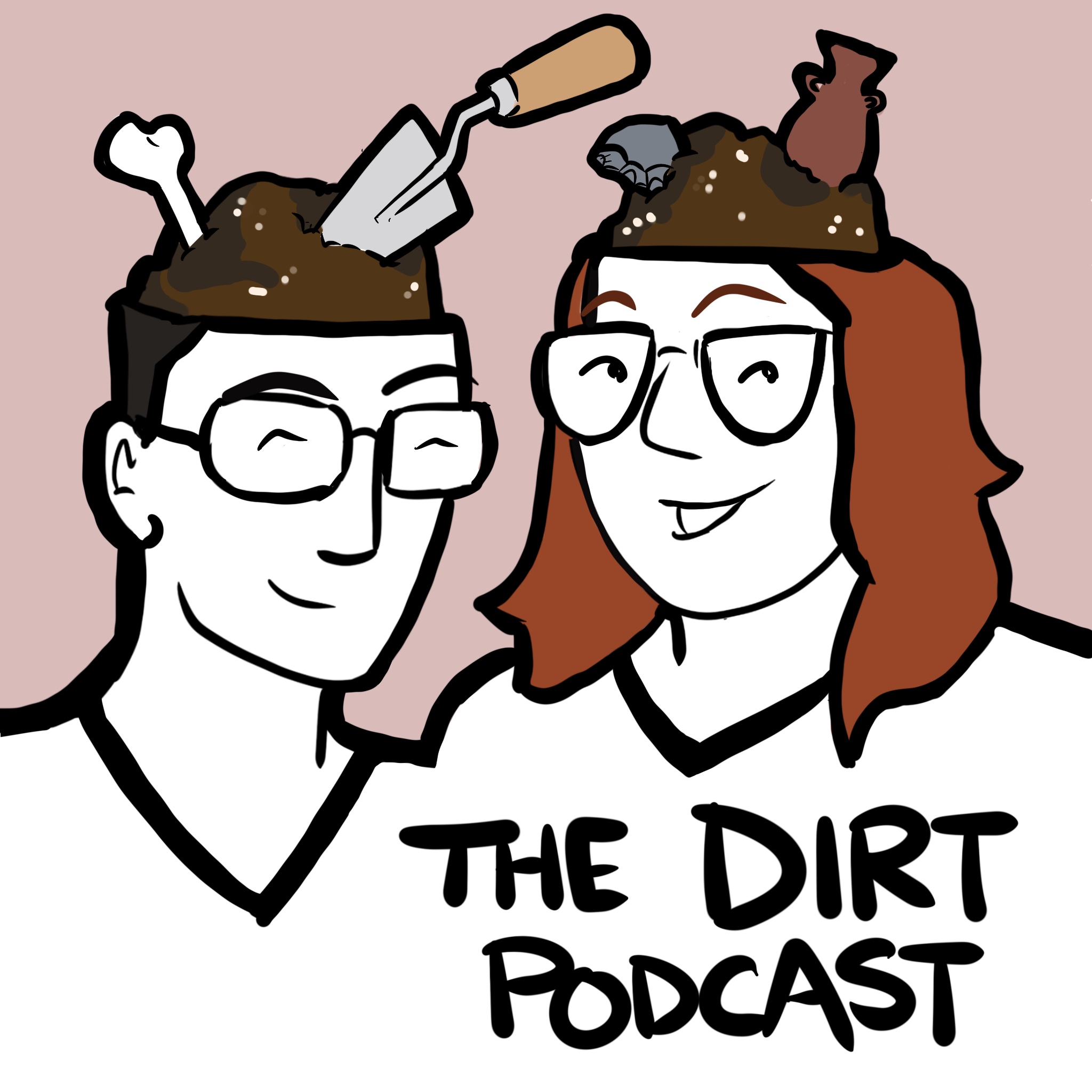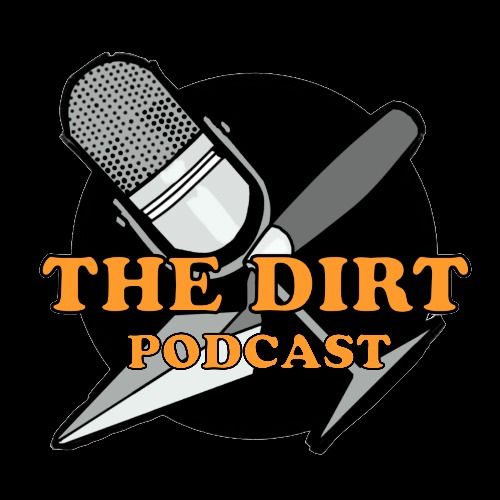Episode 16
Welcome to Cliff Palace: Ancestral Puebloans
This week we round out this month's coverage of indigenous Latin America with a look at the Ancestral Puebloans of the American Southwest. We couldn't fit 10,000 years of human experience and complexity into a single episode, so instead we highlight some architectural and engineering achievements, petroglyphs, and some of the mythological beings represented in them. Plus, the origins of the word "adobe" and a lengthy consideration of why the cultural appropriation of Kokopelli looms so large in our memory of the 1990s.
To learn more, check out:
Aztec Ruins National Monument--New Mexico NPS Historical Handbook No. 36, 1962 (Project Gutenberg)
The Chaco Road System - Southwestern America's Ancient Roads (ThoughtCo)
Native Languages of the Americas: Pueblo Legends and Stories (Native-Languages.org)
Hopi Petroglyph Sites (CyArk)
How Kokopelli, the Flute-Playing God, Conquered Pop Culture (Artsy)
Books:
Kokopelli, Casanova of the Cliff Dwellers
Chaco Handbook: An Encyclopedic Guide
Chaco Canyon: Archaeologists Explore the Lives of an Ancient Society

